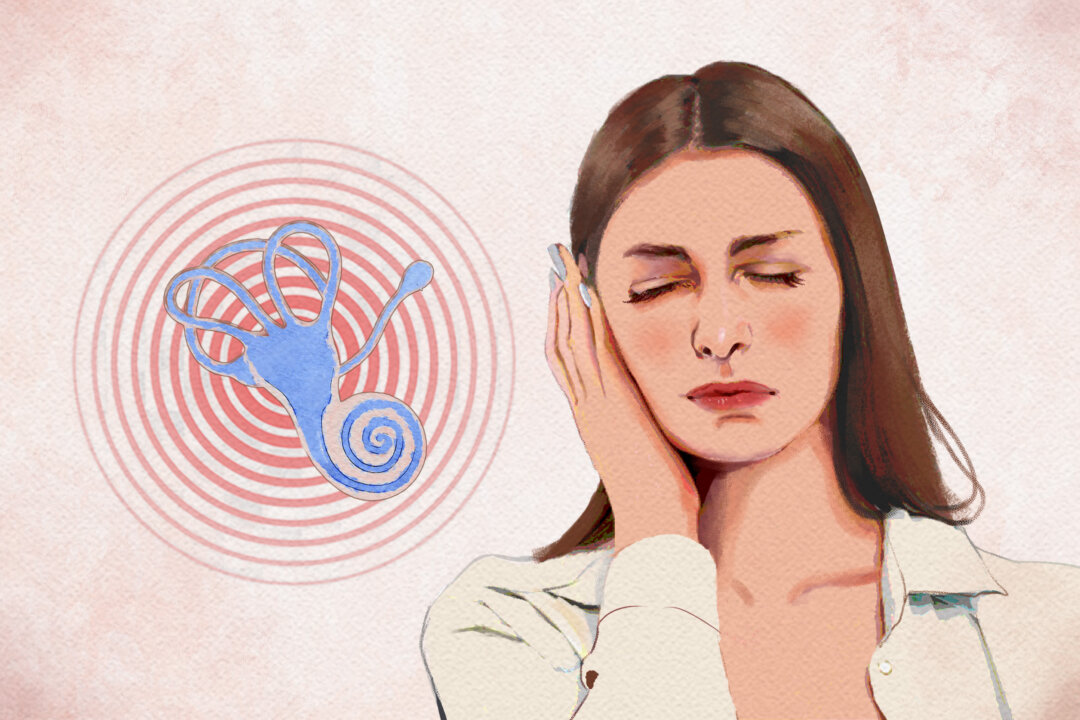Ménière’s disease (MD), named after French physician Prosper Ménière, who identified the condition in 1861, is an inner ear disorder causing tinnitus, vertigo, and hearing loss. It affects approximately 615,000 people in the United States, representing about 0.2 percent of the population, and around 45,500 new cases are diagnosed annually.
However, there is ongoing debate about the true prevalence of the disorder. MD is also called endolymphatic hydrops. Definite MD Vertigo episodes: Two or more spontaneous episodes lasting between 20 minutes and 12 hours.
Hearing loss: Documented low- to medium-frequency sensorineural hearing loss in one ear before, during, or after a vertigo episode. Fluctuating aural symptoms: Examples include hearing loss, tinnitus, and ear fullness in the affected ear. Exclusion of other causes: No other vestibular disorder explains the symptoms.
Probable MD Vertigo: Vertigo is an intense false perception that the individual, the surroundings, or both are moving or spinning, and it may lead to severe nausea, vomiting, and sweating. It can also lead to tinnitus, temporary hearing loss, and a sensation of fullness in the ear. Many people describe this unsettling sensation as “dizziness.
” A typical episode may last several hours, with fatigue or imbalance lingering after the vertigo subsides. Vertigo attacks occur unpredictably. Symptoms worsen with sudden movement, often requiring the patient to lie down and close their eyes for relief.
Drop .


















